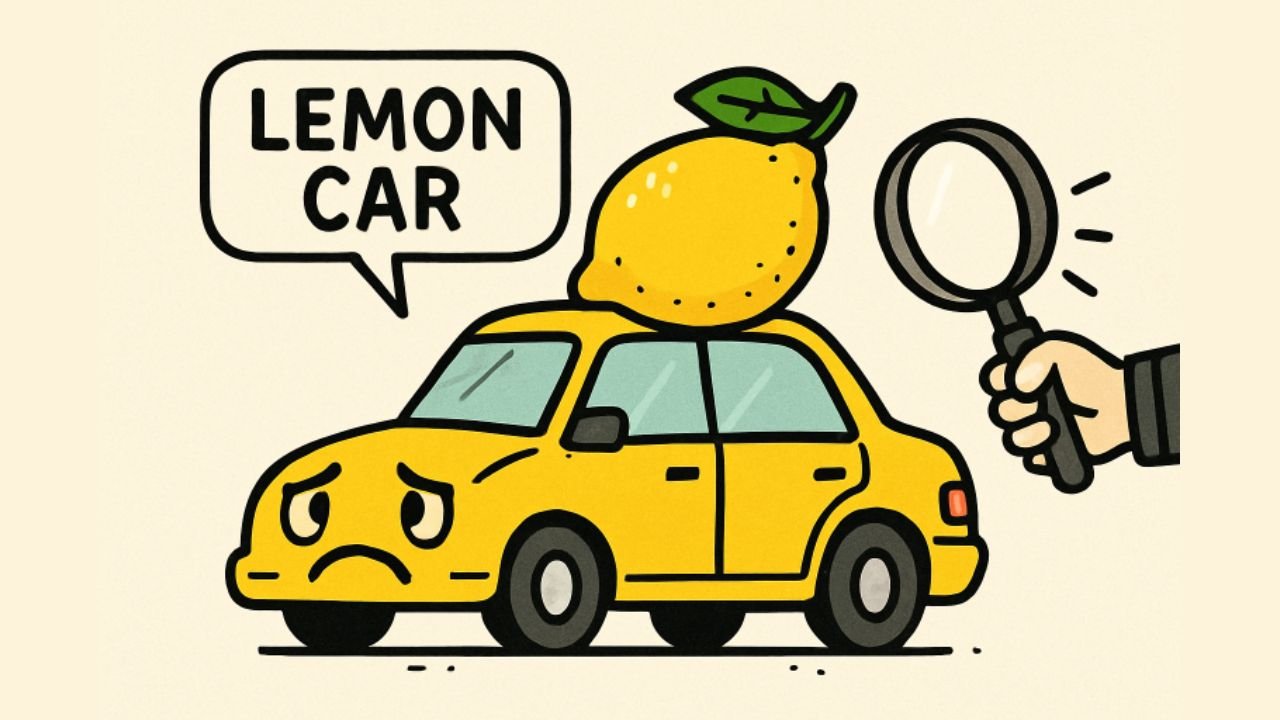Driving is a privilege that comes with significant responsibilities. When individuals operate a vehicle under the influence of alcohol or drugs, or engage in other serious traffic violations, the consequences can be severe, both legally and personally. Understanding impaired and criminal driving offences is essential for every driver, not only to comply with the law but also to protect oneself and others on the road.
What Are Impaired Driving Offences?
Impaired driving occurs when a person operates a motor vehicle while their ability to do so safely is diminished by alcohol, drugs, or a combination of both. Impairment can drastically affect reaction times, decision-making, and coordination, significantly increasing the risk of accidents.
Types of Impaired Driving Offences:
- Driving Under the Influence of Alcohol (DUI):
Operating a vehicle with a blood alcohol concentration (BAC) above the legal limit, which in Canada is typically 0.08%. Even small amounts of alcohol can impair judgment and reaction time. - Driving Under the Influence of Drugs (DUID):
Driving after consuming illegal substances or prescription medications that impair driving ability. Cannabis, opioids, and certain sedatives are common substances associated with DUID charges. - Combined Alcohol and Drug Impairment:
Using both alcohol and drugs simultaneously amplifies impairment and significantly increases the likelihood of collisions. - Care or Control While Impaired:
In some cases, a person may not be actively driving but is in a position to control the vehicle while impaired. This also constitutes an offence.
Consequences of Impaired Driving
The consequences of impaired driving can be severe and life-changing. They can include:
- Criminal Charges: Impaired driving is a criminal offence under the Criminal Code of Canada. Convictions can result in fines, driving prohibitions, and jail time.
- License Suspension: Courts may impose immediate or long-term license suspensions.
- Insurance Implications: Convictions can lead to higher insurance premiums or even cancellation of coverage.
- Criminal Record: A conviction can impact employment opportunities, travel plans, and personal reputation.
- Injury or Death: Impaired driving dramatically increases the risk of serious accidents, leading to injury or fatality for the driver, passengers, or others on the road.
ALSO READ: Skilled Assistance for Quick Case Resolution
What Are Criminal Driving Offences?
Criminal driving offences go beyond simple traffic violations. These are serious charges under the Criminal Code of Canada and often involve significant risk to public safety.
Common Criminal Driving Offences Include:
- Dangerous Driving:
Operating a vehicle in a manner that poses a risk to public safety, such as excessive speeding, aggressive driving, or ignoring traffic laws. - Careless Driving:
Driving without due care or attention, resulting in potential or actual harm. This includes distracted driving that leads to collisions or endangers others. - Driving While Prohibited:
Operating a vehicle while under a court-imposed driving ban following previous convictions, including prior impaired driving offences. - Failing to Stop or Render Aid:
Leaving the scene of an accident without stopping or providing assistance to victims is a serious criminal offence. - Impaired Driving Causing Bodily Harm or Death:
When impaired driving results in injury or death, the charges and penalties are significantly more severe, including lengthy prison sentences.
Legal Penalties for Criminal Driving Offences
Criminal driving offences carry severe consequences, which may vary depending on the nature of the offence and whether it is a first or repeat violation.
- Fines: Depending on the charge, fines can range from hundreds to thousands of dollars.
- Imprisonment: Serious offences such as impaired driving causing death or repeated offences may result in lengthy jail terms.
- Driving Prohibitions: Courts can impose long-term driving bans, sometimes spanning several years.
- Probation and Mandatory Programs: Offenders may be required to complete driving safety or substance abuse programs.
- Criminal Record: Convictions remain on the individual’s record and can impact employment, travel, and reputation for years.
Defending Against Impaired & Criminal Driving Charges
Facing criminal driving charges can be overwhelming. However, it is possible to mount a strong defense with proper legal guidance. Defenses may include:
- Questioning the Accuracy of Testing:
Breathalyzer, blood, or urine tests may be challenged if the testing procedure was flawed or improperly conducted. - Challenging Police Procedures:
Officers must follow strict protocols when administering field sobriety tests or arrests. Procedural errors can be used as a defense. - Medical Conditions or Prescriptions:
Certain medications or medical conditions can affect test results. Expert testimony may help explain discrepancies. - Disputing Evidence of Driving or Impairment:
If the prosecution cannot prove the driver was impaired while operating the vehicle, the charges may be reduced or dismissed.
Engaging an experienced criminal lawyer can ensure your rights are protected and your case is handled with the best possible defense strategy. Individuals facing charges should never attempt to navigate the legal system alone, as the stakes are high.
Preventive Measures for Safe Driving
The best way to avoid impaired or criminal driving charges is to prevent them entirely. Key preventive measures include:
- Designated Driver: Always have a sober driver when consuming alcohol or drugs.
- Ride-Sharing Services: Utilize taxis, ride-sharing apps, or public transportation if impaired.
- Know Your Limits: Understand how substances affect your ability to drive safely.
- Avoid Distractions: Use hands-free devices and avoid texting or using your phone while driving.
- Follow Traffic Laws: Adhering to speed limits, stop signs, and road rules reduces the risk of criminal offences.
By taking proactive steps, drivers can protect themselves, their passengers, and others on the road.
The Importance of Legal Representation
If you are charged with impaired or criminal driving, the right legal representation is crucial. A skilled lawyer can:
- Review the circumstances of your arrest and challenge procedural errors.
- Analyze evidence and question the accuracy of tests or witness statements.
- Negotiate plea deals or reduced charges when appropriate.
- Advocate for alternative sentencing, rehabilitation programs, or lesser penalties.
For residents in Surrey, seeking guidance from a criminal lawyer in Surrey ensures you have experienced professionals familiar with local courts and legal procedures to protect your rights effectively.
Conclusion
Impaired and criminal driving offences are serious matters with significant legal, financial, and personal consequences. Understanding the types of offences, potential penalties, and defense strategies is essential for every driver. Prevention is always the best approach—never drive under the influence, follow traffic laws, and prioritize safety on the road.
If you are facing charges, seeking expert legal representation is critical. A qualified criminal lawyer can help navigate the legal system, protect your rights, and ensure the best possible outcome. Remember, driving responsibly is not just about avoiding legal trouble—it’s about safeguarding your life and the lives of others.
YOU MAY ALSO LIKE: Why You Need a Personal Injury Lawyer in Hamilton After an Accident










